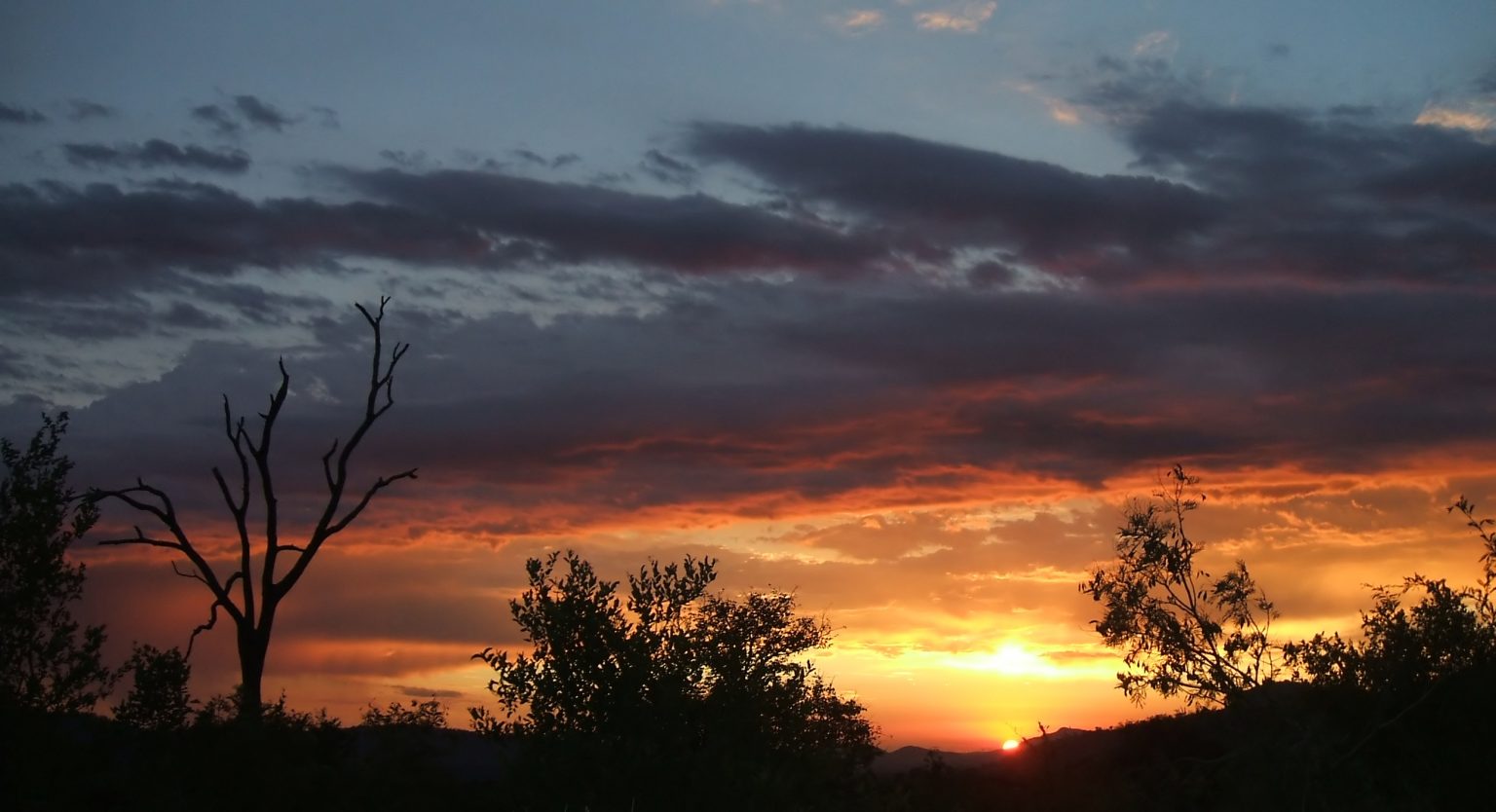A Safari In The African Bush
A safari is more than just a journey. It is an adventure into the heart of the most vibrant and untamed land scapes. Originating from the Swahili word for journey, safaris are used in the same breath as discovery, offering an opportunity to witness animals in their natural space. This guide delves into the essence of a safari, covering its history, what to expect, the best spots, and tips for a lovely experience.
Evolution of safari travel
The concept of safari travel has evolved significantly since its early days. Initially done by Europeans in the 19th century, safaris were hunting trips. The focus was on the pursuit and collection of exotic animals. However, as attitudes towards animals shifted, the modern safari emerged, paying attention to animal safety and comfort rather than hunting.
Today, safaris are around nature and caring. They offer people the chance to experience animals in a responsible manner, protecting the natural spots and the local areas. This is a broader shift towards more ethical travel practices.
What to expect on a safari
A safari is an amazing experience, and what you can expect largely depends on the type of safari you choose. Here are some key elements that define a safari adventure:
- Wildlife viewing: The primary draw of a safari is the opportunity to see animals in their natural environment. Depending on the place and season, you might see the Big Five and a diverse range of other species, including giraffe, zebras, and various bird species. Safaris often include guided game drives, where expert guides lead you through the wild to spot animals.
- Accommodation: Safari hotels vary widely, from luxury lodges and tented camps to more rustic, cheap options. Many lodges are located to offer optimal animal viewing and often blend into the land scape. Tented camps, which can range from basic to costly, provide a more private experience, making you feel closer to nature.
- Guided tours: Expert guides are a part of the safari experience. They possess rich knowledge of the local animals and ecology. Guides enhance the safari by reading the animals, tracking plants and tracks, and sharing fascinating tips about the ecosystem.
- Cultural encounters: Many safari experiences include interactions with local communities, providing a deeper understanding of the region’s cultural heritage. These encounters may involve visiting traditional villages, learning about local customs, or participating in community-led conservation projects.
- Activities: Beyond game drives, safaris often offer a range of activities, such as walking safaris, boat safaris, and hot air balloon rides. Walking safaris allow for a more tactile and sensory experience of the environment, while boat safaris offer a unique perspective from the water. Hot air balloon rides provide a breathtaking aerial view of the landscape.
Top safari destinations
Several regions around the world are renowned for their exceptional safari experiences. Each destination offers unique landscapes, wildlife, and cultural elements. Here are some of the most popular safari destinations:
1) Kenya
Kenya is a classic safari destination, home to iconic national parks and reserves such as the Maasai Mara, Amboseli, and Tsavo. The Maasai Mara is famous for the Great Migration, where millions of wildebeest and zebras traverse the plains in search of fresh grazing. Amboseli offers stunning views of Mount Kilimanjaro and abundant elephant herds, while Tsavo is known for its vast landscapes and diverse wildlife.
2) Tanzania
Tanzania boasts some of Africa’s most celebrated safari destinations, including Serengeti National Park and Ngorongoro Crater. The Serengeti is renowned for its endless plains and the annual migration of wildebeest and zebras. Ngorongoro Crater, a UNESCO World Heritage site, is a volcanic caldera that provides a unique environment for a variety of wildlife, including the critically endangered black rhino.
3) South Africa
South Africa offers a range of safari experiences, from the famous Kruger National Park to the private reserves of Sabi Sand and Timbavati. Kruger is one of Africa’s largest game reserves and offers diverse wildlife and habitats. The private reserves adjacent to Kruger provide exclusive and often more intimate safari experiences.
4) Botswana
Botswana is known for its commitment to conservation and low-impact tourism. The Okavango Delta, a unique inland delta, provides a water-based safari experience with mokoro excursions. Chobe National Park is famous for its large elephant populations and riverfront game viewing.
5) Namibia
Namibia offers a distinctive safari experience with its stark, dramatic landscapes. The Namib Desert, with its towering sand dunes, provides a striking contrast to the wildlife found in the region. Etosha National Park, with its salt pans and waterholes, is a prime location for wildlife viewing, particularly during the dry season.
Planning your safari
Planning a safari requires careful consideration to ensure a memorable and enjoyable experience. Here are some essential tips for preparing for your adventure:
- Choose the right time: Timing is crucial for a successful safari. Different seasons offer varying wildlife viewing opportunities. For instance, the dry season is often the best time for game viewing, as animals congregate around water sources. Conversely, the wet season offers lush landscapes and fewer crowds but can involve more challenging travel conditions.
- Select a reputable operator: Choosing a reputable safari operator is key to a successful safari. Look for operators with a strong commitment to responsible tourism and conservation. Read reviews, check credentials, and ensure they have experienced guides and a good safety record.
- Pack appropriately: Safari packing requires a balance of practicality and comfort. Pack lightweight, breathable clothing in neutral colors to blend in with the environment. Bring sun protection, insect repellent, and a good pair of binoculars for wildlife viewing. Also, consider bringing a camera with a zoom lens to capture the beauty of the wildlife.
- Health precautions: Check with your healthcare provider about vaccinations and health precautions before traveling. Malaria prophylaxis may be recommended depending on the destination. Additionally, travel insurance that covers medical emergencies and trip cancellations is advisable.
- Respect wildlife and the environment: A key aspect of safari etiquette is respecting wildlife and their habitats. Follow your guide’s instructions, maintain a safe distance from animals, and avoid making loud noises. Leave no trace of your visit and be mindful of the impact of your presence on the environment.
Benefits of safari travel
Safari travel offers numerous benefits beyond the thrill of wildlife encounters. These include:
- Conservation support: Many safari operators contribute to conservation efforts through community projects and anti-poaching initiatives. By participating in a safari, you support these efforts and help fund the protection of wildlife and their habitats.
- Cultural exchange: Safaris often provide opportunities for meaningful cultural exchanges. Engaging with local communities and learning about their traditions and lifestyles enriches your travel experience and fosters cross-cultural understanding.
- Personal growth: The immersive nature of a safari allows for personal reflection and growth. Experiencing the raw beauty of nature and witnessing wildlife in their natural state can inspire a deeper appreciation for the natural world and a greater sense of connection to it.
- Adventure and education: A safari is both an adventure and an educational experience. It offers the chance to learn about animal behaviour, ecosystems, and conservation issues while enjoying the excitement of spotting elusive wildlife and navigating diverse landscapes.
An unforgettable experience
A safari is a transformative journey into the wild, offering a unique blend of adventure, education, and conservation. A safari provides an unforgettable experience that connects you with nature in profound ways. You can track the Big Five in the Serengeti, explore the Okavango Delta by canoe, or marvel at the vast land scapes of Namibia. By understanding the history, and preparing carefully, you can embark on a safari that not only thrills but also keeps our precious animals and land scapes safe and secure.





